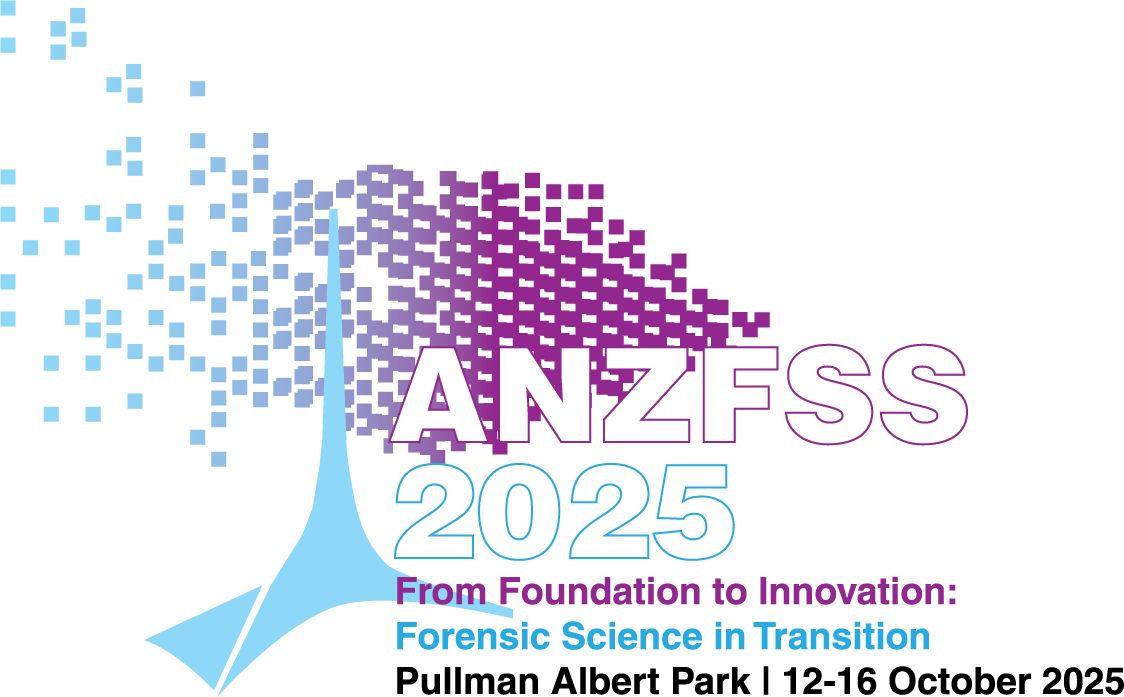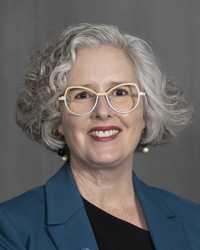
Hon Chief Justice Helen Bowskill
The Honourable Helen Bowskill was sworn in as Chief Justice of Queensland on 22 March 2022, having served as a Judge of the Supreme Court of Queensland from 10 July 2017, and as the Senior Judge Administrator of the Supreme Court of Queensland from 24 August 2021. Her Honour previously served as a Judge of the District Court of Queensland from 10 November 2014, in that capacity also sitting as a Judge of the Children’s Court of Queensland and the Planning and Environment Court.
Her Honour holds the degree of Bachelor of Laws (First Class Honours) from the Queensland University of Technology and was awarded the University Medal in 1995. In 2022, her Honour was awarded the honorary degree of Doctor of the University by the Queensland University of Technology.
Her Honour served as the Associate to the Honourable Justice Drummond of the Federal Court of Australia in 1996 and completed articles of clerkship with Minter Ellison in 1997. Her Honour was admitted as a solicitor in January 1998, and as a barrister in July 1998. She commenced practice at the private Bar in Brisbane in July 1998. Her Honour took silk in November 2013. As a barrister, she practised widely in public, administrative and commercial law areas, with a particular focus on native title law.
Her Honour is a member and current Chair of the Judicial Council on Diversity and Inclusion, co-Chair of the Programs Advisory Committee of the National Judicial College of Australia, and a Fellow of the Australian Academy of Law.
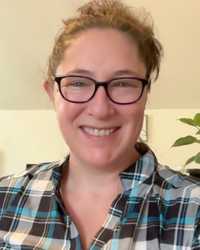
Dr Julie Burrill
Dr. Julie Burrill is currently an Affiliate Researcher at the Alan Alda Center for Communicating Science at Stony Brook University where her work explores how communication theory and practice can be applied to forensic science; she also runs JB Science Consulting, where she works with lawyers and scientists to strengthen forensic science practice and communication. Julie holds a BS in Biology and an MFS in Forensic Molecular Biology, and conducted her PhD research into forensic “touch” DNA on a Fulbright Scholarship. She has been a postdoctoral scholar in Forensic Science Communication jointly at the Alda Center and the Leverhulme Research Centre for Forensic Science at Dundee University and previously worked in research and casework laboratories and Medical Examiner offices. As staff scientist at the Public Defender Service for the District of Columbia, she trained attorneys, prepared expert witnesses for testimony, and lectured nationally on the litigation of forensic issues. She has taught at undergraduate and graduate levels, and has developed professional training curricula that integrate social science research and improvisational techniques to support forensic scientists.
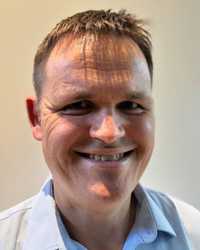
Dr Janis Dalins
Dr Janis Dalins graduated from Monash University in 1999 with a Bachelor of Computing and joined the Australian Federal Police (AFP) in 2002. His diverse policing work—including digital forensics, counter-terrorism, and covert operations—inspired his research into sustainable, data-driven tools for law enforcement, especially to combat crimes against children.
In 2019, he completed a PhD on intelligent automation in digital forensics, which led to the founding of the AiLECS Lab, a joint initiative between Monash and the AFP. AiLECS focuses on the ethical use of AI and data science in global policing and has helped shape AI principles adopted across Australia and New Zealand.
Dr Dalins left the AFP in March 2025 to join the International Centre for Missing and Exploited Children Australia (ICMEC-AU). He remains active in the field through AiLECS and global initiatives like INTERPOL’s Crimes Against Children group and the INHOPE Annotation Schema Council.
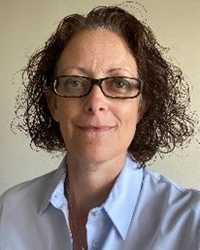
Dr Joanne Morrissey
Joanne has more than 30 years of experience working in Forensic Science including Crime Scene, Fingerprints, Fire Investigation and Education. Joanne was a practitioner with the Metropolitan Police Service in London for 17 years before moving to the US as Forensic Manager for a Police Department in North Carolina for more than 5 years. She was an academic for more than 8 years and is now a Workforce Strategy Lead with the National Police Chiefs Council Forensic Capability Network.
Joanne has a professional doctorate in forensic science which research partnership between academics and practitioners in forensic science. She also has an MSc in Fire Investigation.
Jo’s research publications span a range of forensic disciplines including fingerprint development, the flammability of textiles when contaminated with emollients, the use of unmanned aerial vehicles (drones), interpreting drugs within forensic hair analysis, partnership in forensic science and the wellbeing of forensic practitioners.
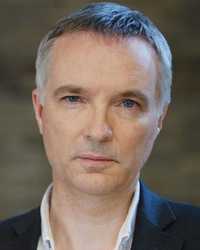
A/Prof Campbell Wilson
A/Prof Wilson's recent PhD projects include prioritised file search and classification of dark web content and behavior with the Australian Federal Police, and phosphorylation site and protein family prediction using deep convolutional networks with Monash Medicine. In the past A/Prof Wilson has also worked on image retrieval systems, social media data mining, modelling of quality of service in mobile ad-hoc networks and rotational machine health monitoring.
A/Prof Wilson is a Senior Lecturer and Associate Dean (International) at the Faculty of Information Technology at Monash University. His interests include digital forensics, information retrieval, machine learning and bioinformatics.
